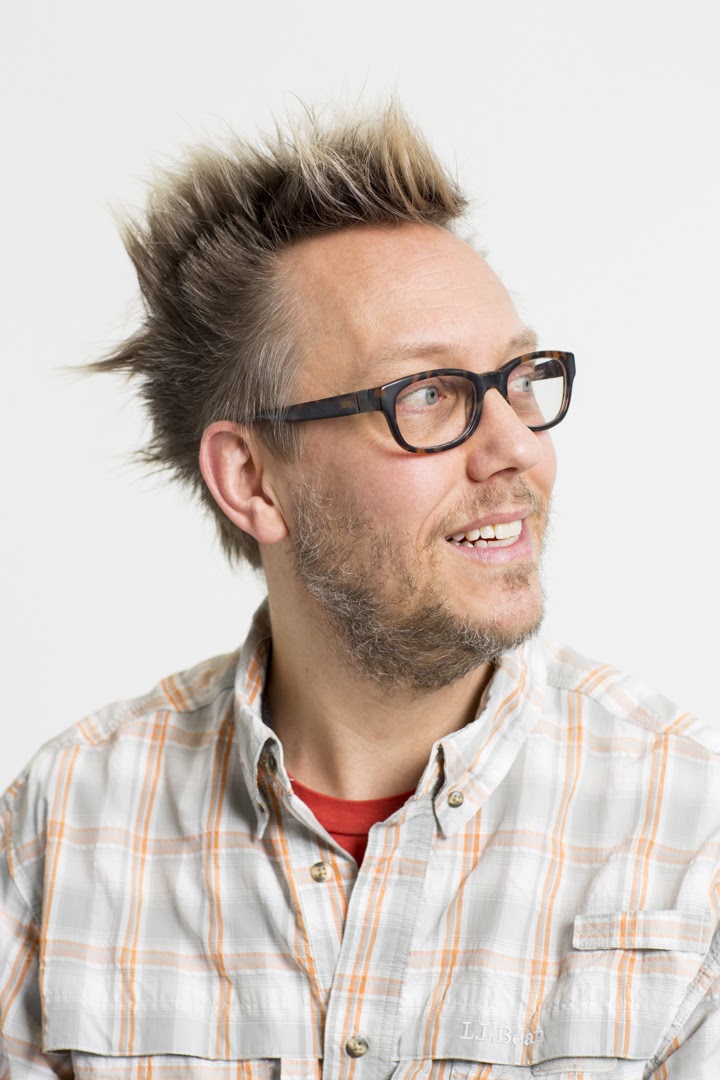Branden Born
Chair
Let’s assume that planning can be roughly divided into two general lines of thought: consideration of the physical and built environment, and the societal aspects of the processes of human development. Within that artificial binary, my interests lie in the societal more than the physical.
While I consider myself a bit of a land use planner, I’m really focused on how we make decisions as a collective society. Thus, I am interested in the planning process: who is at the table, who is not, and why; as well as who benefits and who suffers from decisions that planners make. In that context, I study planning processes and regional governance and I specifically focus on the food system as a lens by which we can examine and understand broader conditions. Questions of state-community interaction, the changing role of the state, democracy, and the influence of corporatism and neoliberalism at all scales of development permeate my thinking.
With interests that span theory and practice, I try to develop or participate in opportunities for creative governance. I sit on the Puget Sound Regional Council’s Regional Food Policy Council, an organization I helped found. I am also a founding member of the Washington State Food System Roundtable. I’ve collaborated with researchers, community members, and local governments on several healthy community initiatives in King County, Washington. As example of the professional theory-practice tension that I enjoy, I co-authored the American Planning Association’s Planning Advisory Service Report on Planning for Community and Regional Food Systems, and wrote with my colleague, Mark Purcell, a well-known piece in the Journal of Planning Education and Research critiquing the unquestioning emphasis of localism in early food system research and practice (http://jpe.sagepub.com/content/26/2/195.full.pdf+html).
I also maintain a research and class connection to Oaxaca, Mexico, where I try to visit with students for a class on Food Sovereignty and the Roots of Migration each summer.
Most recently, I helped start and currently co-direct the University of Washington’s Livable City Year program (lcy.uw.edu), a community engagement project that pairs the university and a community for an academic year. In that time, about 20 classes from across the schools and departments at the university work on projects proposed by the city to serve the broad concepts of livability and sustainability.
